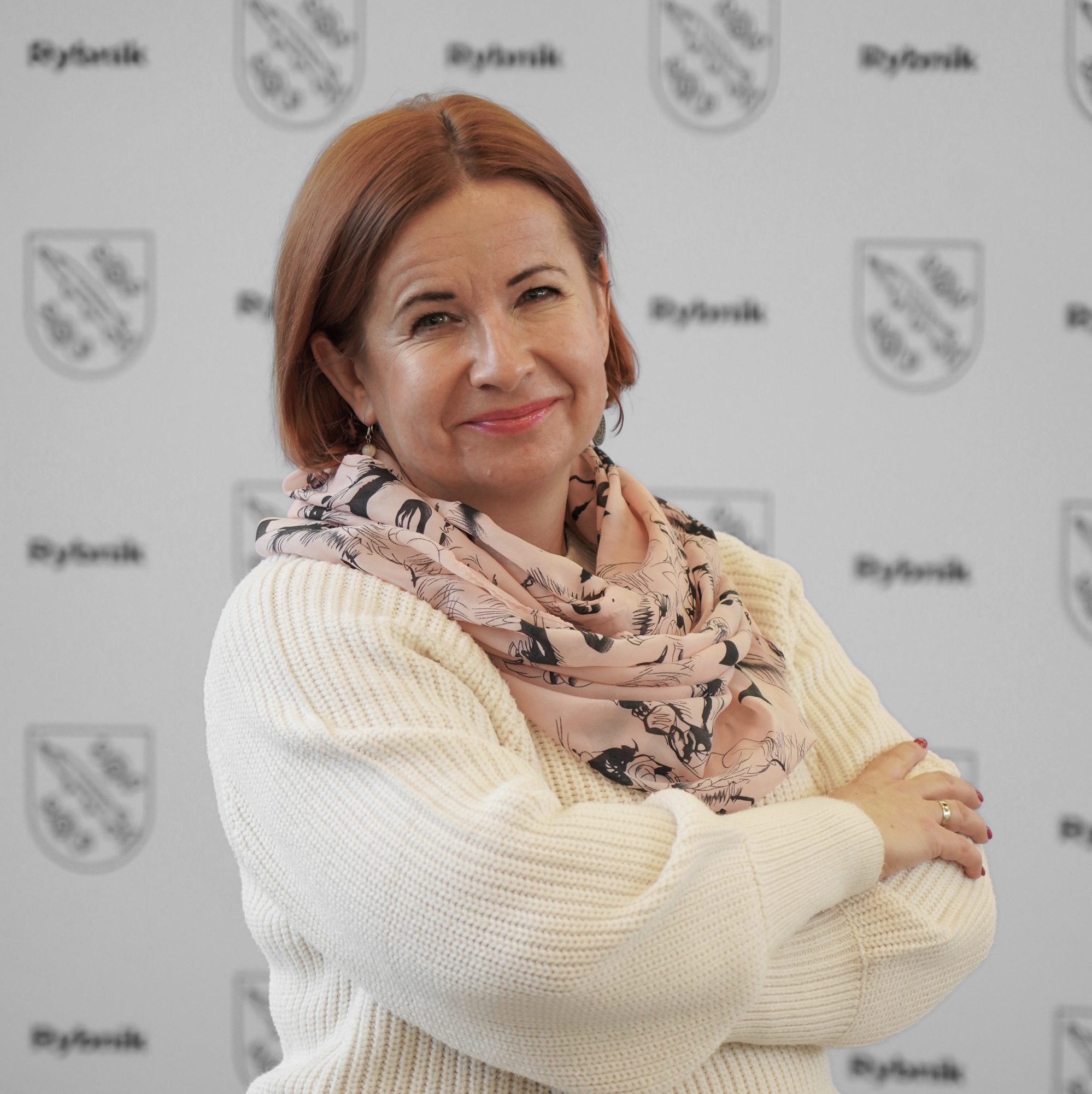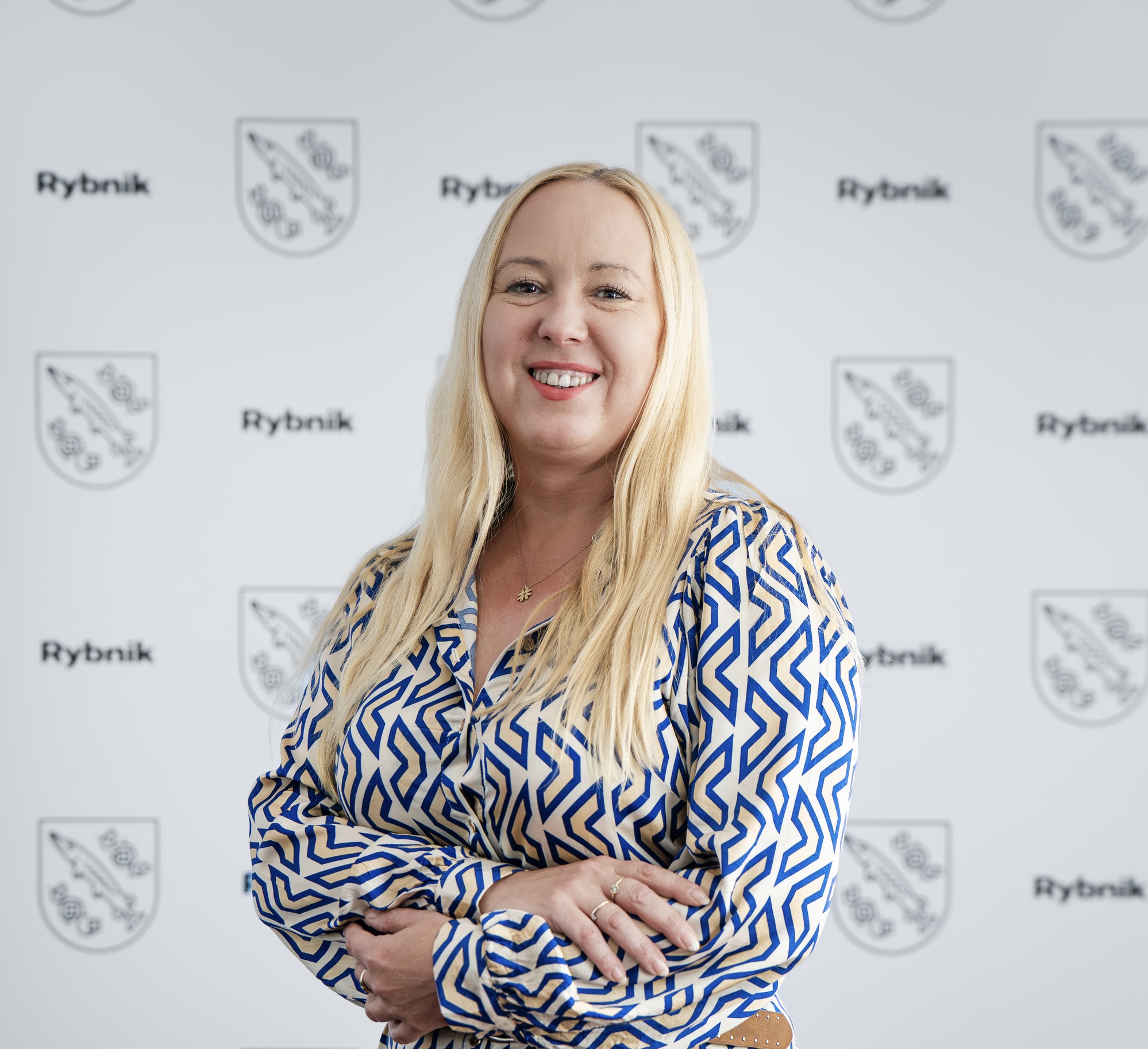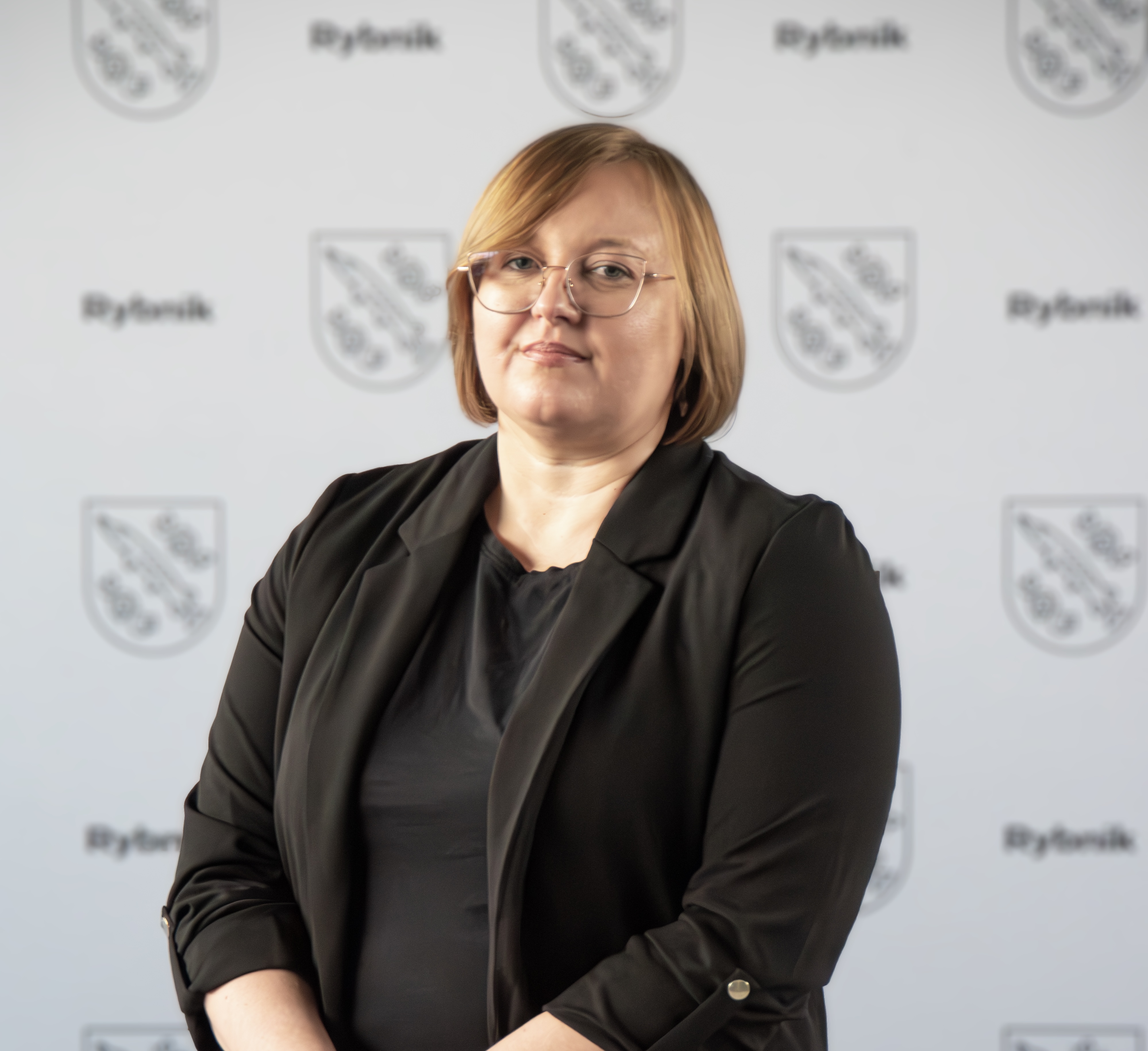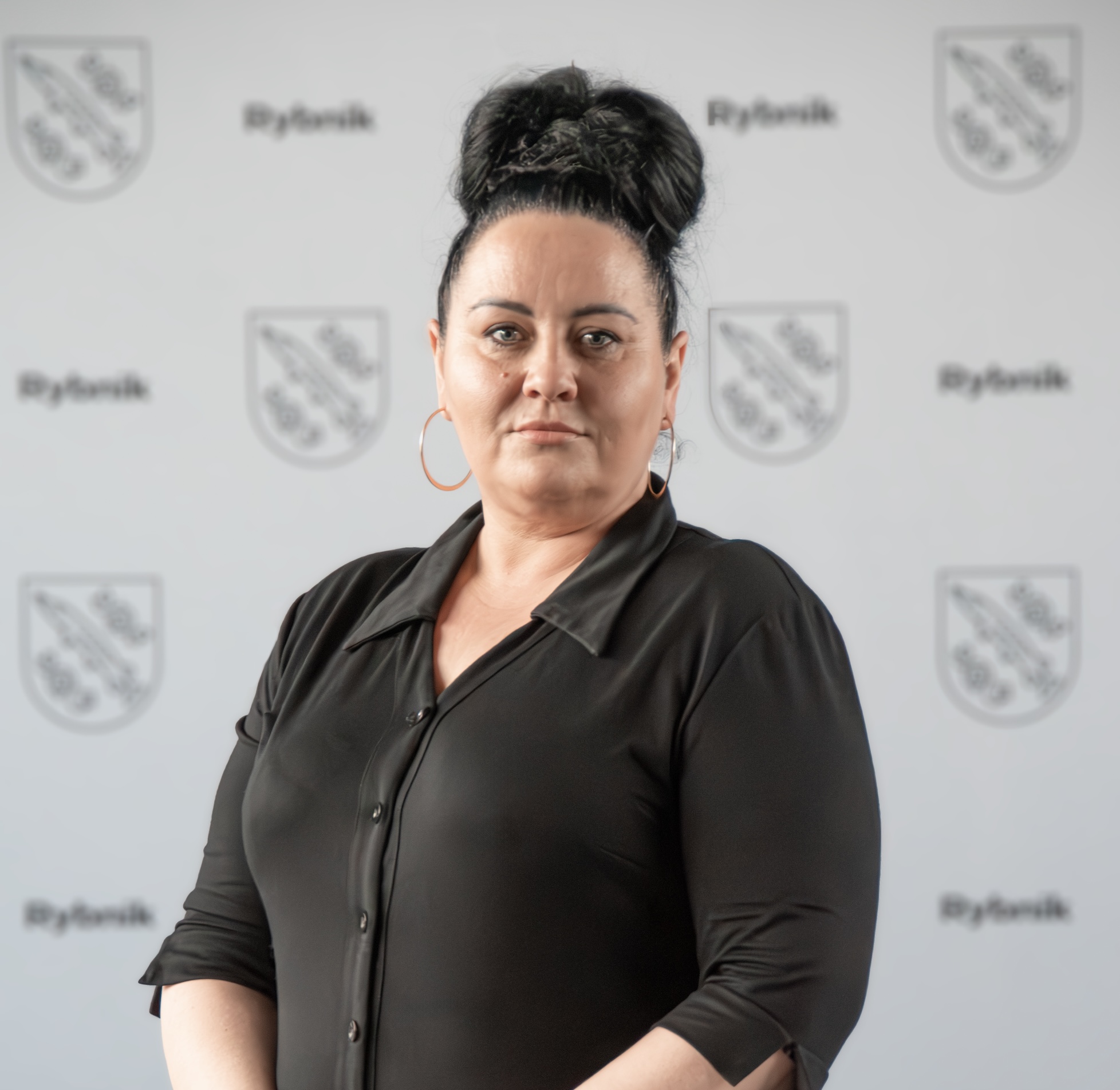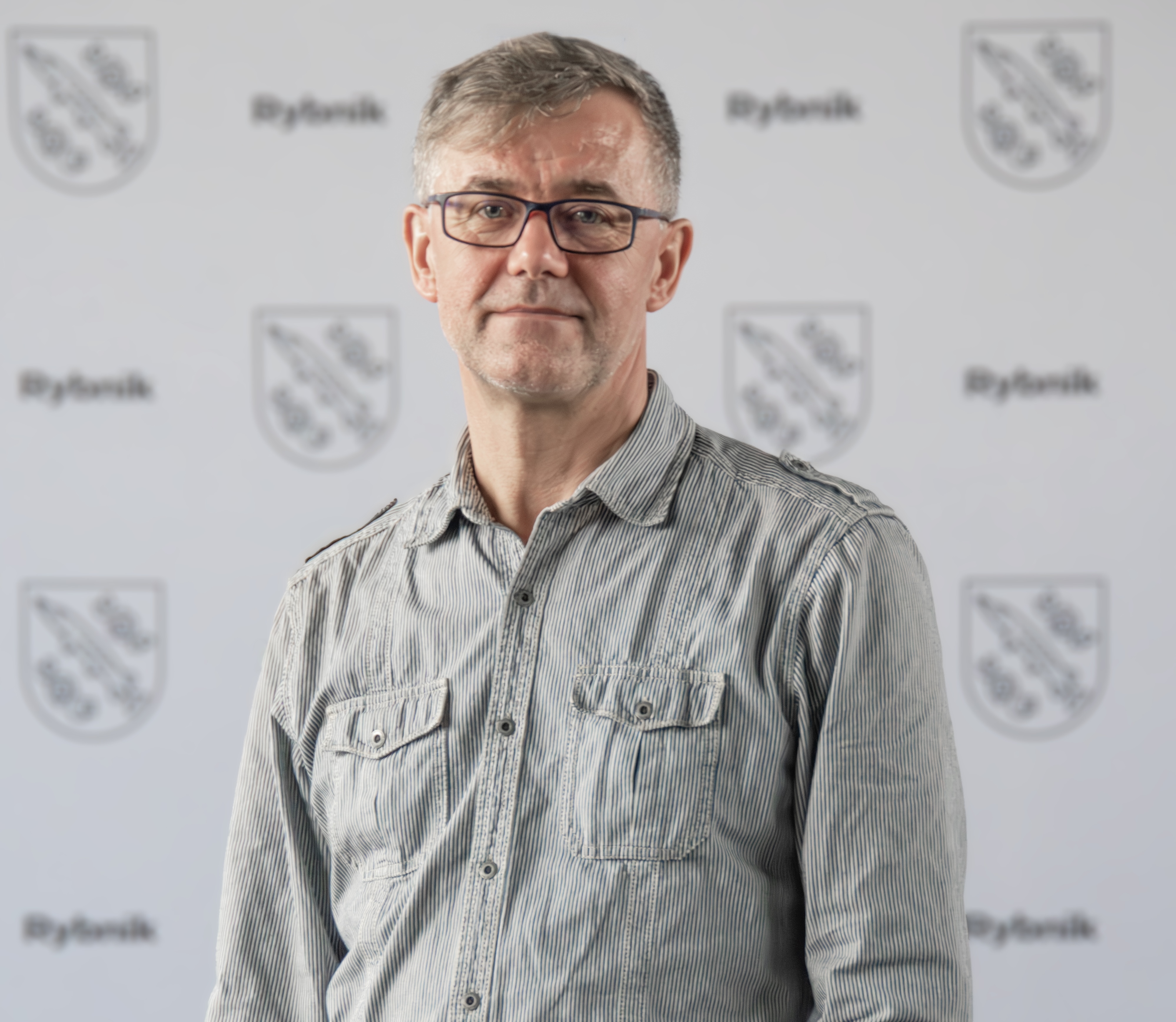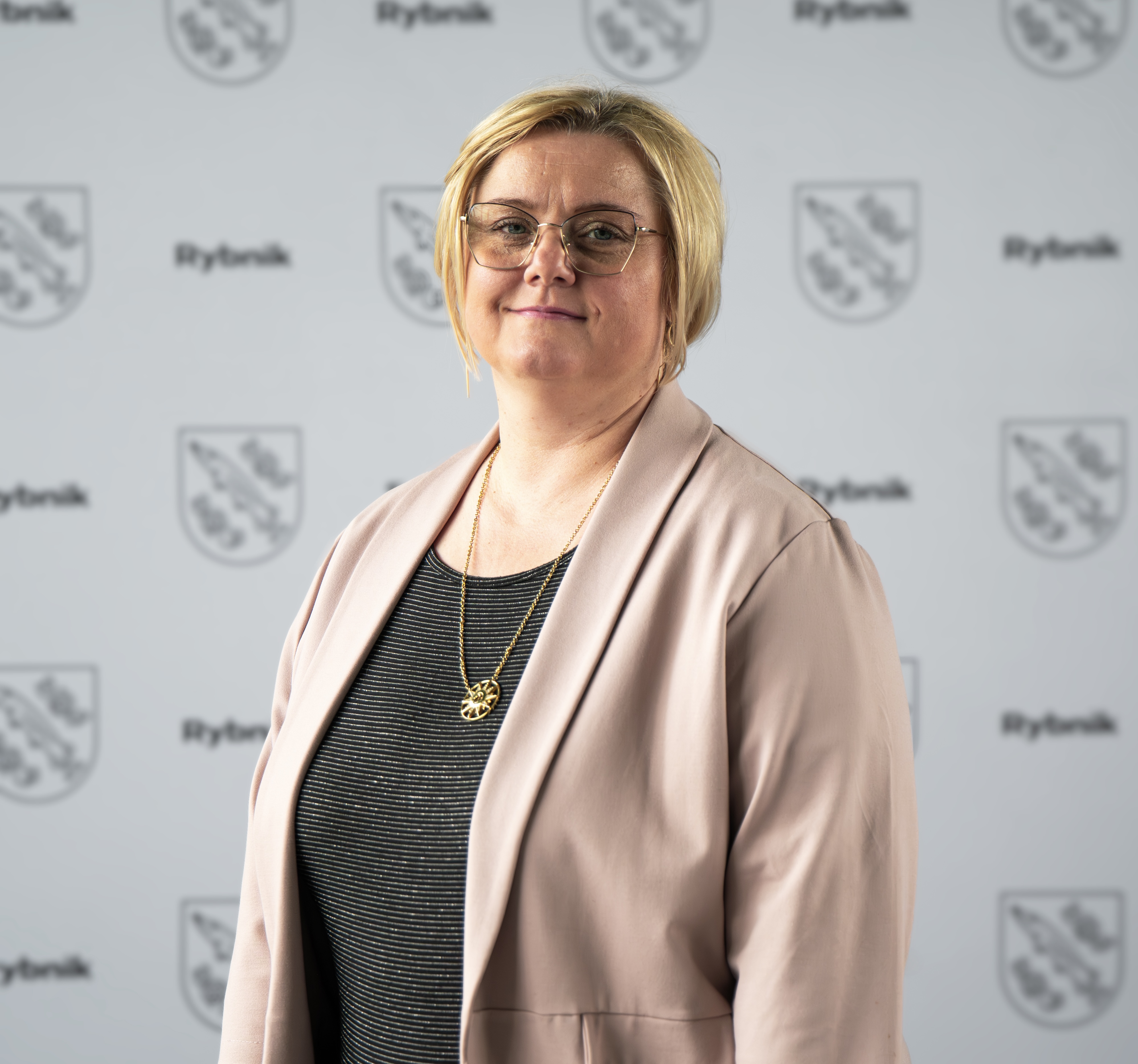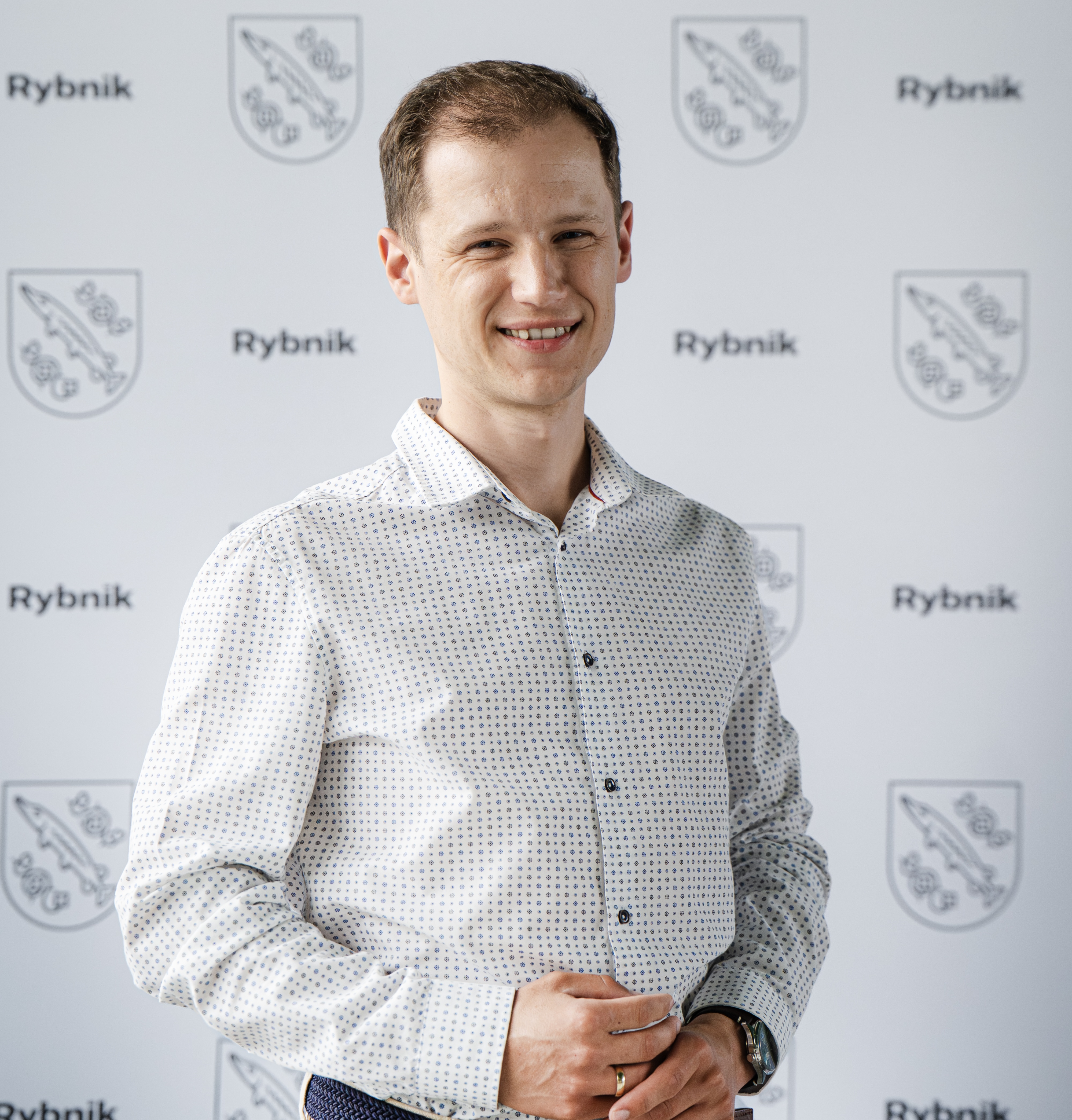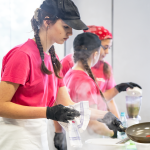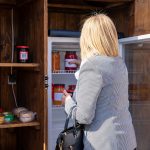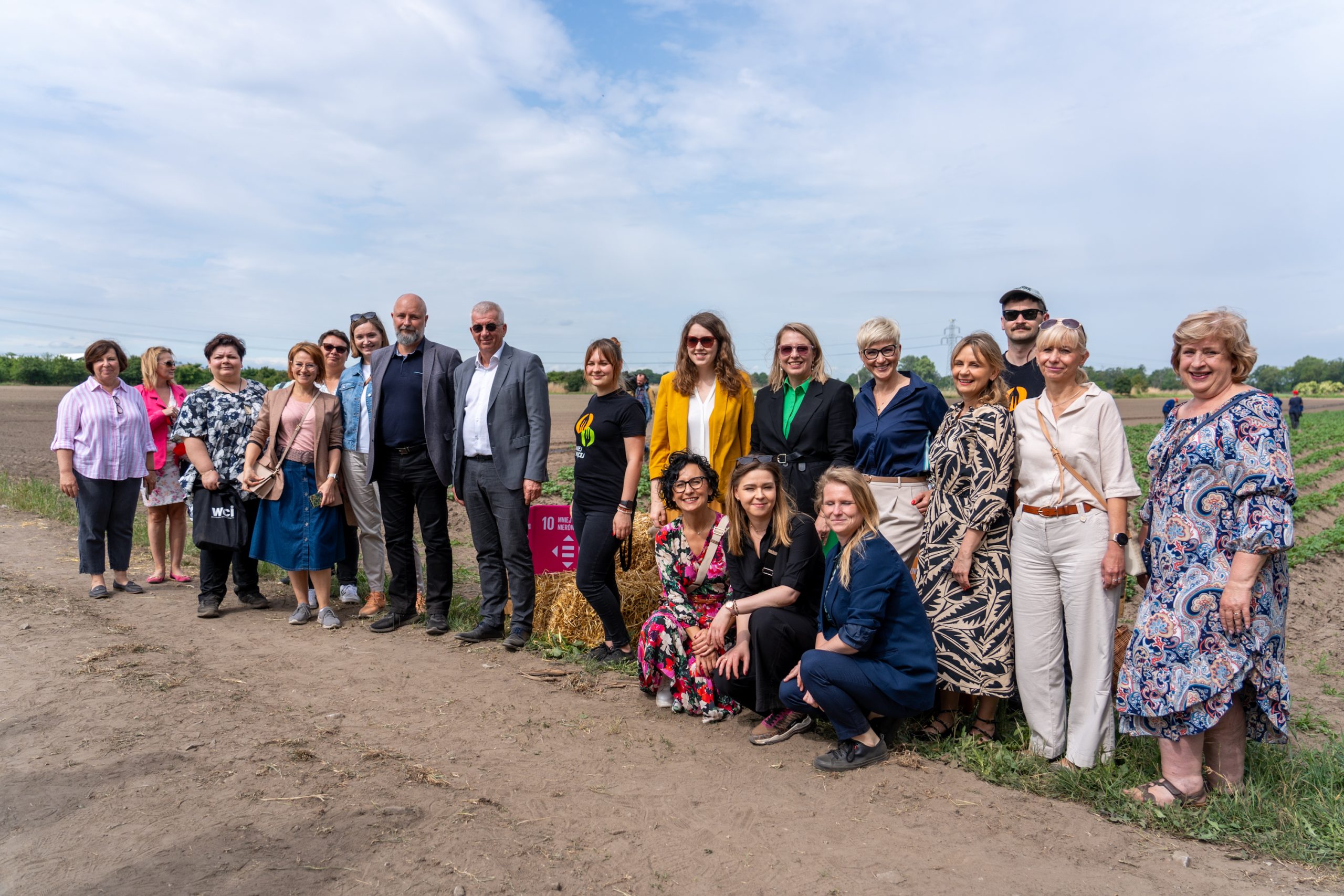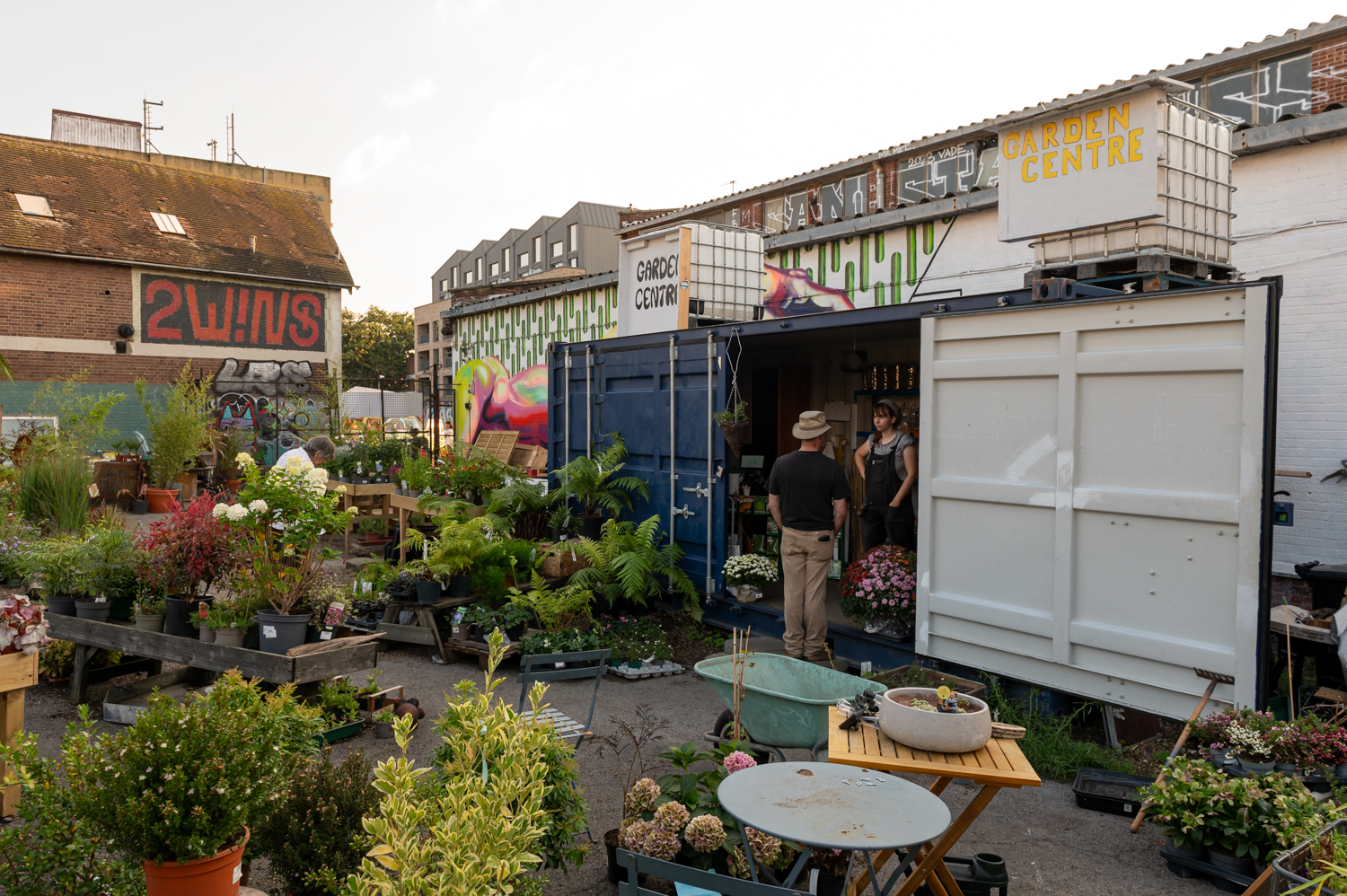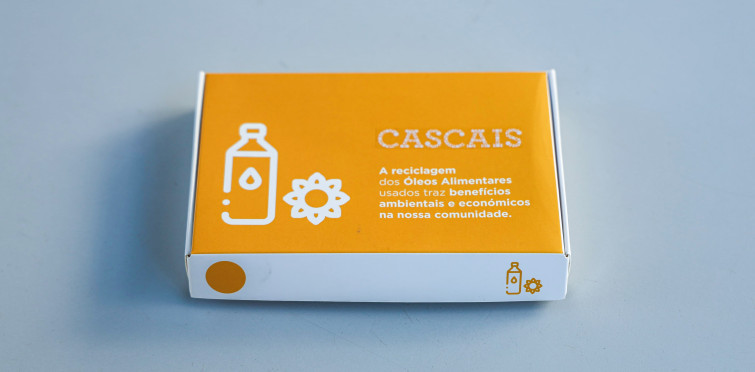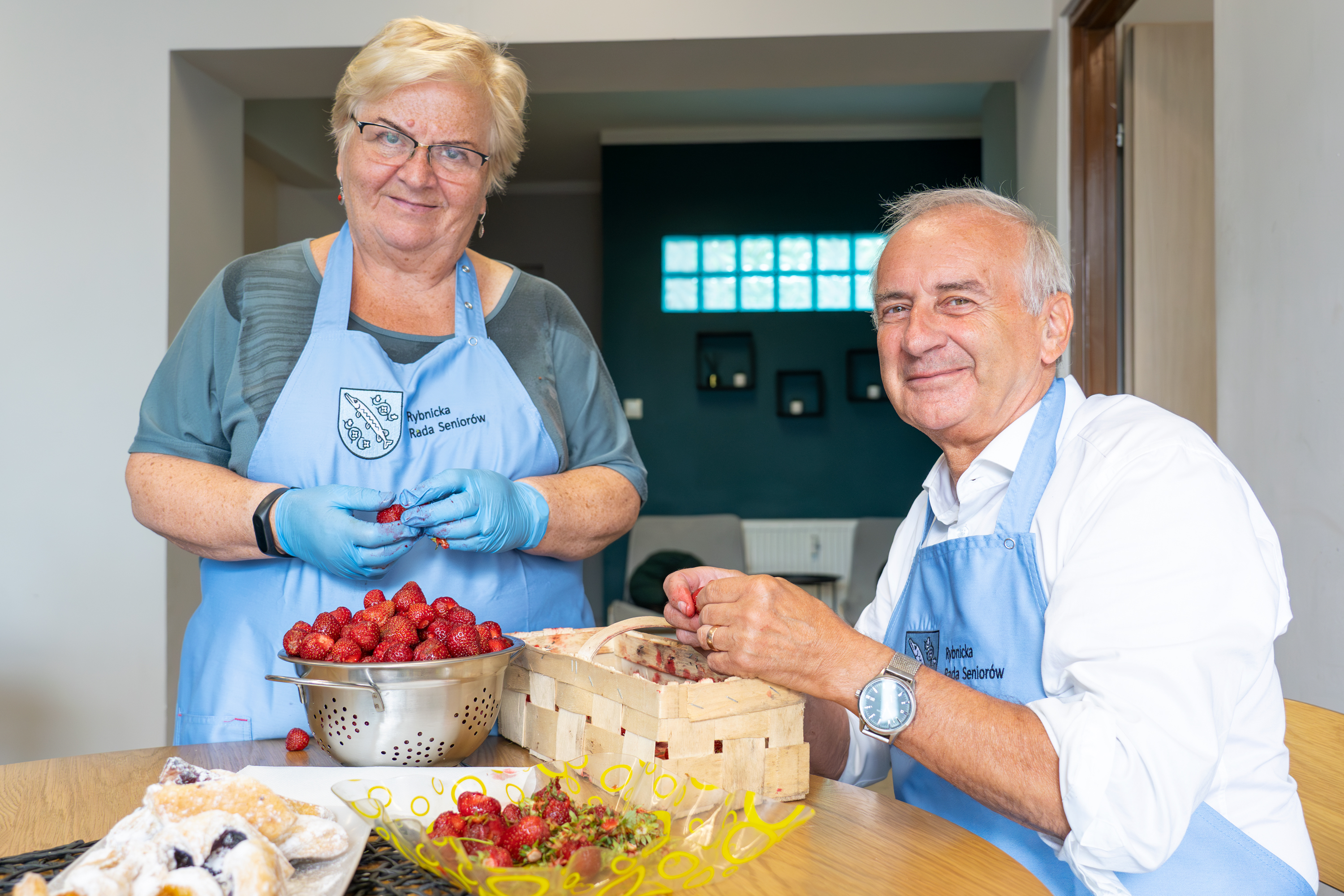
Rybnik’s circular economy project transforms food waste into social value, creating a comprehensive system that repurposes surplus food, supports vulnerable groups, and fosters sustainable consumption practices.
FOOD RESCUE AND REDISTRIBUTION
In response to growing food insecurity and climate pressures, Rybnik has implemented a city-wide initiative that rescues surplus food from supermarkets, shops, restaurants, and schools. The rescued food is repurposed through six Social Kitchens, providing meals to those in need, and distributed via five Community Fridges accessible 24/7. The project also promotes the use of reusable containers to cut down on single-use packaging, reducing waste while ensuring continuous food access for vulnerable residents.
EDUCATION AND COMMUNITY ENGAGEMENT
Schools are central to the initiative, integrating sustainable gastronomy into the curriculum through culinary training programmes that teach students to cook with surplus food. A data-driven food waste monitoring model has led to a 20% reduction in school food waste, with menus adapted to match actual consumption patterns. Public awareness campaigns further engage residents in waste prevention efforts, reinforcing the city’s commitment to responsible consumption and food security.
IMPACT AND SUSTAINABILITY
Rybnik’s project rescues 2.7 tons of food monthly, benefiting over 6,400 people in 2024 and significantly reducing the city’s environmental footprint. The initiative fosters collaboration between local businesses, NGOs, and schools, embedding circular economy principles into everyday practices. By redefining food waste as a resource, the project not only mitigates emissions but also strengthens community resilience and social equity, setting a replicable model for urban food systems nationwide.

